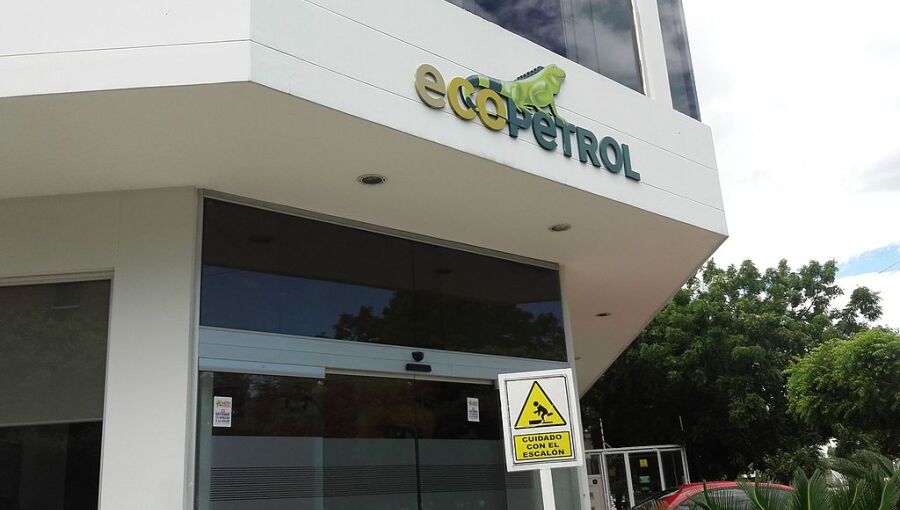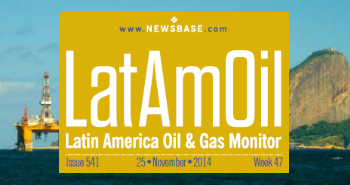US sanctions block Colombia's Ecopetrol from Venezuelan gas imports and Monomeros deal

Colombia's state-owned energy company Ecopetrol cannot proceed with planned gas imports from Venezuela or acquire fertiliser producer Monomeros Colombo Venezolanos due to US Treasury sanctions, El Nacional reported.
CEO Monica de Greiff confirmed on September 5 that Office of Foreign Assets Control restrictions prevent any commercial engagement with Venezuelan state entities, including Pequiven-controlled Monomeros. The announcement contradicts earlier optimism from Energy Minister Edwin Palma, who suggested gas imports could commence before year-end.
The sanctions impasse threatens Colombia's energy security as the country faces a projected 20% natural gas deficit by 2026, according to industrial groups and the Colombian Mercantile Exchange. The shortage stems from declining exploration activity amid President Gustavo Petro's energy transition policies.
Ecopetrol's strategic constraints highlight broader regional energy dynamics as Venezuelan sanctions continue constraining cross-border trade. The Treasury Department's OFAC maintains comprehensive restrictions on transactions with Venezuelan government entities, effectively blocking Colombia from accessing neighbouring gas reserves despite geographical proximity.
Industry analysts project the deficit could reach 206 GBTUD (giga BTU per day) by 2026, representing approximately one-fifth of national demand. The shortage threatens industrial competitiveness and household energy costs as Colombia seeks alternative supply sources.
Monomeros, located in Barranquilla and valued at an estimated $500mn, represents a strategic petrochemical asset that Ecopetrol cannot acquire under current regulatory framework. The fertiliser producer's control by Pequiven places it within OFAC's prohibited entities list.
De Greiff's statements to Caracol Radio underscore the conflict between Colombia's energy requirements and international compliance obligations. The company must navigate US sanctions whilst addressing domestic supply constraints that could cost the economy $7bn according to recent estimates.
The situation reflects broader challenges facing Latin American energy companies operating across sanctioned jurisdictions. Venezuela's substantial gas reserves remain inaccessible to Colombian importers despite potential economic benefits for both nations.
Colombia's natural gas production has declined as exploration permits decreased under Petro's administration, creating supply gaps that Venezuelan imports could theoretically fill. However, OFAC restrictions effectively prohibit such arrangements until sanctions framework changes.


Follow us online